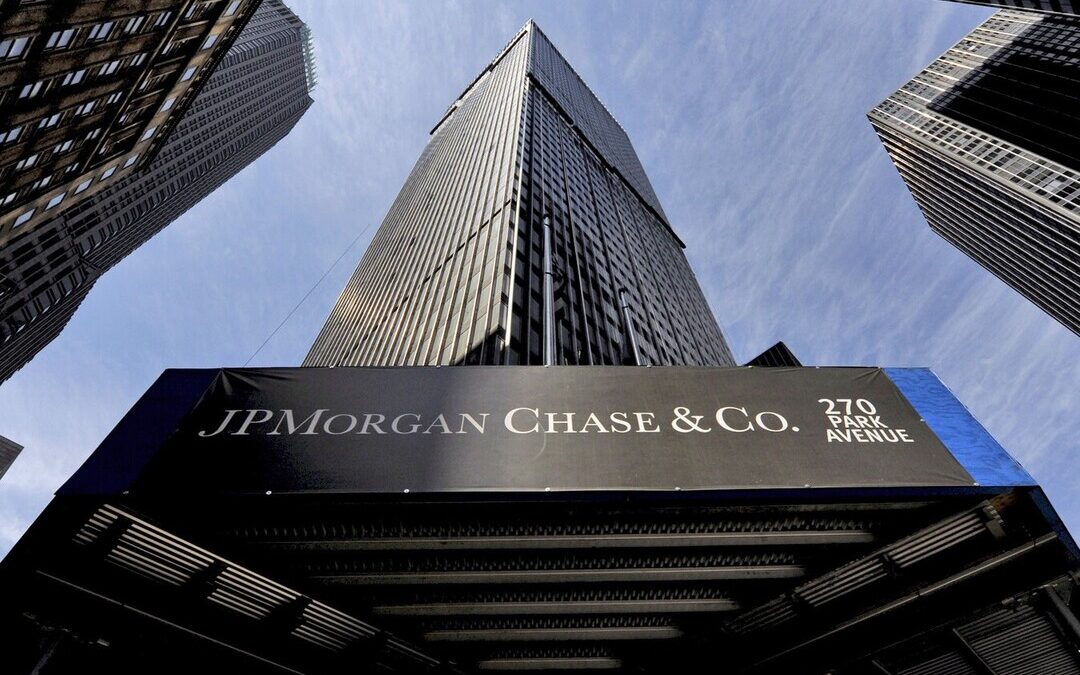JPMorganChase to Buy 450K Metric Tons of Carbon Removal Credits from CO280
JPMorganChase backs CO280’s carbon capture project to cut emissions and boost US pulp and paper industry.
JPMorganChase has signed a long-term carbon removal offtake agreement with Vancouver-based CO280, marking a significant step in the development of scalable engineered carbon removal projects in the US pulp and paper sector.
The deal, announced Tuesday, will see JPMorganChase purchase 450,000 metric tons of carbon dioxide equivalent over 13 years at a cost of under $200 per ton — one of the lowest price points recorded for high-quality engineered carbon dioxide removal.
Scalable, Affordable CDR Deployment
Under the agreement, CO280 will capture and permanently store biogenic CO2 from a pulp and paper mill on the US Gulf Coast.
The captured emissions, sourced from boiler stack operations, will be injected into deep geological formations for permanent storage.
CO280’s low-cost approach involves retrofitting existing mills with carbon capture technology provided by SLB Capturi.
The company is working with pulp and paper operators to develop a network of more than ten CDR projects across North America, with a combined annual removal capacity of 10 million tons.
Taylor Wright, head of operational decarbonization at JPMorganChase, said the investment is part of the bank’s commitment to accelerate the deployment of carbon removal solutions.
“CO280’s ability to provide near-term, affordable removals at scale is a key catalyst for making high-quality, engineered CDR available to a wider range of buyers,” Wright said.
Revitalizing a Critical US Industry
The agreement also highlights the growing role of carbon removal technologies in revitalizing traditional industries.
The U.S. pulp and paper industry, which directly employs more than 930,000 workers and contributes 5 percent of the country’s manufacturing gross domestic product, has faced increasing international competition.
“Together with JPMorganChase and other buyers, we’re investing to strengthen and revitalize the U.S. pulp and paper industry,” said CO280 CEO Jonathan Rhone. “By retrofitting mills to deliver permanent, high-quality CDR at the lowest cost, we’re transforming the economics of the pulp and paper industry.”
CO280 says its model improves mill profitability and productivity while creating a multi-billion-dollar market opportunity for capturing and storing biogenic CO2 emissions from wood waste.
The company emphasized the potential for carbon finance to support US rural economies and secure forest sector jobs.
High Standards and Verified Impact
CO280 stressed that all credits generated under the program will be verified through third-party assessments aligned with leading MRV protocols and standards. The biomass used is sourced from certified sustainable forests, adhering to the Frontier and Carbon Direct Biomass Sourcing Principles.
“This landmark agreement with JPMorganChase is a testament to the bank’s extraordinary leadership,” said Natalie Khtikian, CO280’s chief commercial officer. “They were our earliest supporter and understood from the beginning how our model creates value for both investors and forest communities.”
The deal follows a memorandum of understanding signed between JPMorganChase and CO280 in 2023 and represents one of the financial institution’s most significant moves in the engineered carbon removal space to date.
Also Read:
Microsoft Signs Record Carbon Removal Deal With Fidelis’ AtmosClear
Nirmal Menon
Related posts

Subscribe
Error: Contact form not found.


